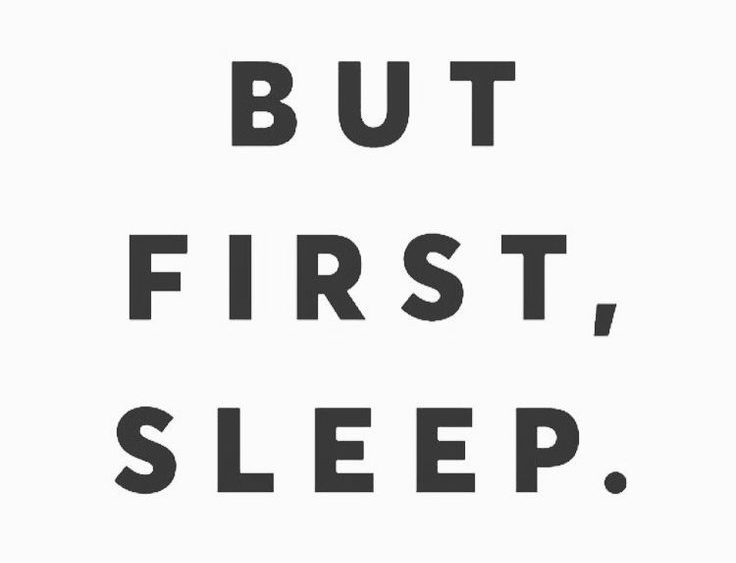
I generally feel like I shouldn’t have to convince adults that they should sleep more. I can’t think of many things I would rather do than catch up on sleep. But, I will often hear people tell me that they just don’t have time to sleep more. Well, if you’re concerned with your physical appearance and body composition you should really try to find some more time. This means not starting a season of some random show on Netflix at 11 pm. I know you all do it.
What happens to our brain, and body for that matter, when we sleep? Well, before we dive into that, let’s discuss some simple things your brain and body are doing while you’re awake. You brain is ensuring that all of your non-voluntary, necessary functions are doing their job. You aren’t actively trying to ensure that your stomach digests any food you may have eaten already. You aren’t thinking about breathing. You aren’t trying to make sure your body carries blood to all your vital organs. Your brain just does those things. The body receives those signals from the brain and then carries out the orders. The brain is working on a lot of things while you’re awake in order to make sure you function properly.
However, some things take precedence over others for your brain while you’re awake. For example, your flight or fight signal in the brain is turned all the way on while you’re awake. Your brain’s ability to repair your immune system? Not so much. It’s not an essential function while you’re awake. But, it is while you sleep. And, here’s the other end of the spectrum – your brain switches to repair what now becomes essential functions while you sleep. Do you need your flight or fight switch turned all the way on while you sleep? Of course not. But, what about repairing your immune system? Your digestive system? Your brain’s cognition? All these things get repaired while you sleep.
So, what does sleep have to do with weight loss or performance in general for that matter? Well, the part of brain that generally takes the biggest hit when you don’t sleep is the prefrontal cortex. This is basically the part of the brain that controls your major decision-making. The prefrontal cortex is the same part of the brain that gets affected when you consume alcohol. So, let’s say that you aren’t sleeping more than 6 hours a night. Well, you’re obviously going to wake up tired, but no one likes feeling that way so we have to block the receptors in the brain that are telling you, you’re tired. How do we do that? Coffee. The caffeine in coffee binds to the adenosine receptors in your brain and doesn’t allow them to receive the signal of being tired. Now, once we’ve covered that part, we have to ensure that we continue to stimulate the prefrontal cortex via some other receptors. So, what’s the next domino to drop? The dopamine receptor. Your brain’s reward neurotransmitter. You don’t feel good so you feel the urge to pick yourself up and suddenly that doughnut or bagel or pancakes look mighty good and almost like you deserve them. And, here begins the vicious cycle of weight gain and lack of sleep. We are all overstimulated and sleep deprived. You need to do yourself a favor and turn the TVs, phones, and computers off a lot sooner and get some more sleep!
